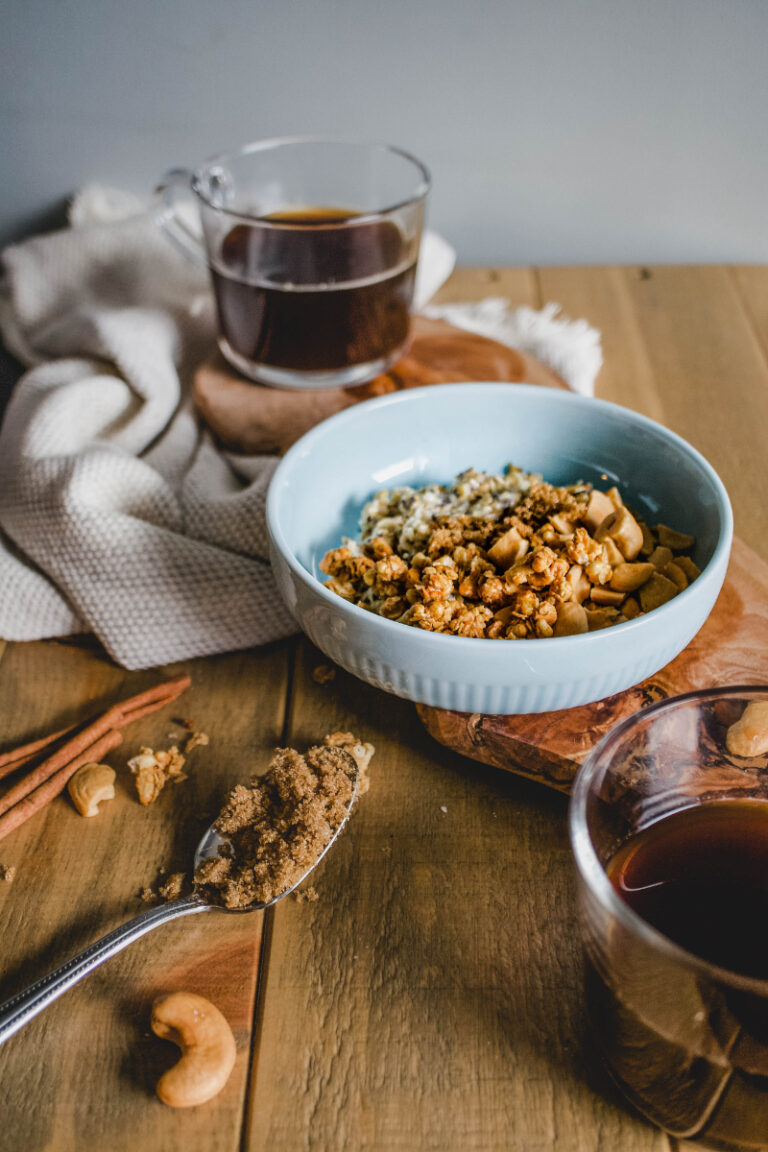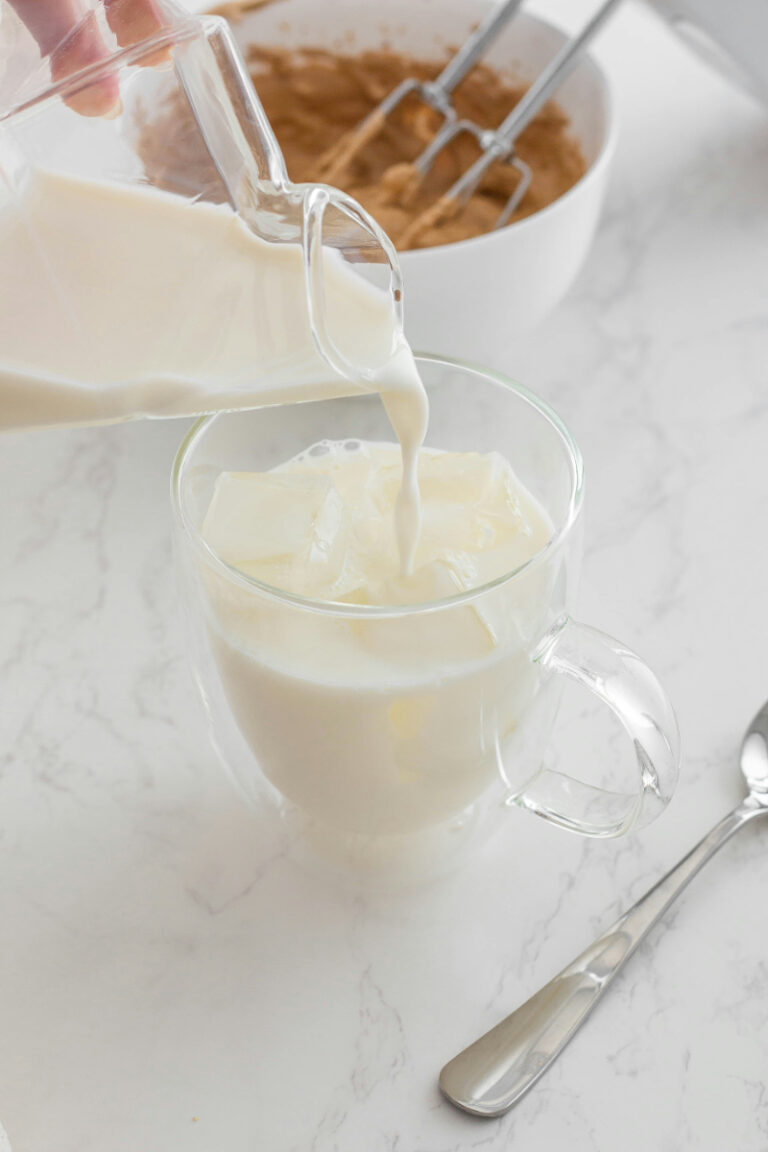How Many Carbs Are in a Cup of Blackberries? A Friendly Guide to Blackberry Nutrition
Are you curious about how many carbs are in a cup of blackberries? Blackberries are a delicious and nutritious fruit that can be enjoyed on their own or added to a variety of recipes. Whether you are counting carbs for health reasons or just curious about the nutritional value of blackberries, it’s important to know what you’re getting when you eat this fruit.
So, how many carbs are in a cup of blackberries? According to the USDA, one cup of blackberries contains 13.8 grams of carbohydrates. This includes 7.6 grams of fiber and 7 grams of sugar. Blackberries are also a good source of vitamin C, manganese, and antioxidants. With only 62 calories per cup, blackberries are a great choice for a healthy snack or dessert.

Nutritional Profile of Blackberries
Blackberries are a delicious and nutritious fruit that are low in calories and high in fiber. One cup of blackberries (144g) contains 62 calories, 13.8g of carbohydrates, and 7.6g of fiber. Blackberries are also an excellent source of vitamin C, manganese, and vitamin K1.
Carbohydrate Content in Blackberries
If you are counting your carbs, you will be pleased to know that blackberries are relatively low in carbohydrates. One cup of blackberries contains 13.8g of carbohydrates, with 7g of those coming from sugars. This makes blackberries a great option for those who are watching their sugar intake.
Fiber Content in Blackberries
Blackberries are an excellent source of fiber, with one cup providing 7.6g of fiber. Fiber is important for maintaining healthy digestion, regulating blood sugar levels, and promoting feelings of fullness. Eating a diet rich in fiber can also help reduce the risk of heart disease, stroke, and certain types of cancer.
In summary, blackberries are a tasty and nutritious fruit that are low in calories and high in fiber. They are a great option for those who are watching their carbohydrate and sugar intake.
Comparative Analysis
Carbs in Blackberries vs. Other Berries
When it comes to berries, blackberries are a great option for those who are watching their carb intake. In a one-cup serving of blackberries, there are approximately 14 grams of carbs, with 7 grams coming from fiber and the remaining 7 grams coming from sugar. This makes blackberries a low-carb fruit option that can be easily incorporated into your diet.
In comparison, other popular berries such as strawberries, blueberries, and raspberries have slightly higher carb counts. One cup of strawberries contains around 12 grams of carbs, one cup of blueberries contains around 21 grams of carbs, and one cup of raspberries contains around 15 grams of carbs. However, all of these berries are still considered low-carb options and can be enjoyed in moderation.
Carbs in Blackberries vs. Other Fruits
While blackberries are a great low-carb fruit option, they do contain more carbs than some other fruits. For example, one cup of sliced peaches contains around 16 grams of carbs, one medium-sized apple contains around 25 grams of carbs, and one medium-sized banana contains around 27 grams of carbs.
However, it’s important to note that all fruits contain natural sugars and carbs, which are an important part of a healthy diet. The key is to enjoy fruits in moderation and to balance them with other nutrient-dense foods.
Overall, blackberries are a great option for those who are looking for a low-carb fruit option. While they may contain slightly more carbs than some other berries, they are still a great choice for a healthy and balanced diet.
Dietary Considerations
Blackberries in Low-Carb Diets
If you are following a low-carb diet, you may be wondering if blackberries are a good option for you. One cup of blackberries contains approximately 14 grams of carbohydrates, with 8 grams of net carbs after subtracting fiber. While this may seem high for a low-carb diet, blackberries can still be included in moderation.
In fact, blackberries are a good source of fiber, with one cup providing 8 grams of fiber. Fiber can help you feel fuller for longer and can also help regulate blood sugar levels. So, if you are following a low-carb diet, it may be beneficial to include blackberries in your meals as a source of fiber.
Impact of Blackberries on Blood Sugar Levels
If you have diabetes or are concerned about your blood sugar levels, you may be wondering if blackberries are safe to eat. While blackberries do contain carbohydrates, they also have a low glycemic index, which means they are less likely to cause a spike in blood sugar levels.
In addition, blackberries are a good source of fiber, which can help regulate blood sugar levels. If you have diabetes, it is important to monitor your carbohydrate intake and work with a healthcare professional to determine the best diet for your needs. However, in moderation, blackberries can be a healthy addition to your diet.
Overall, blackberries can be a nutritious addition to your diet, providing fiber and other essential nutrients. However, it is important to keep portion sizes in mind and work with a healthcare professional to determine the best diet for your needs.






